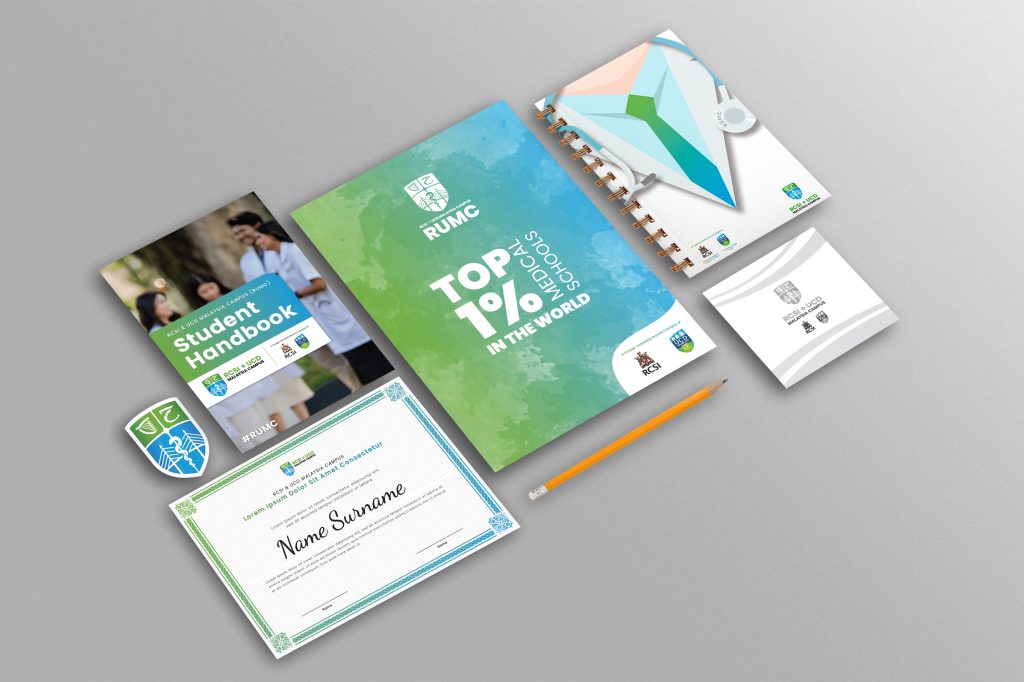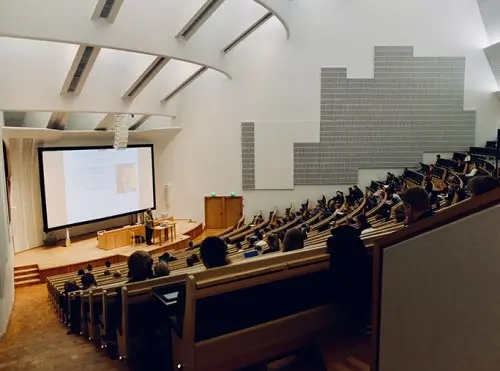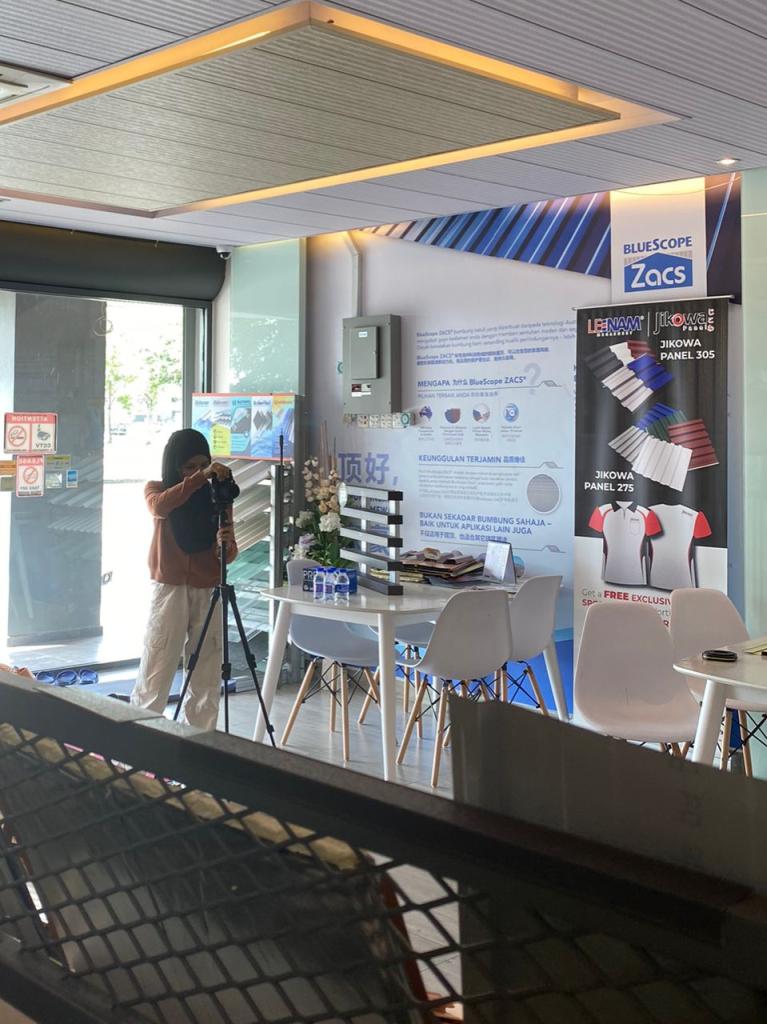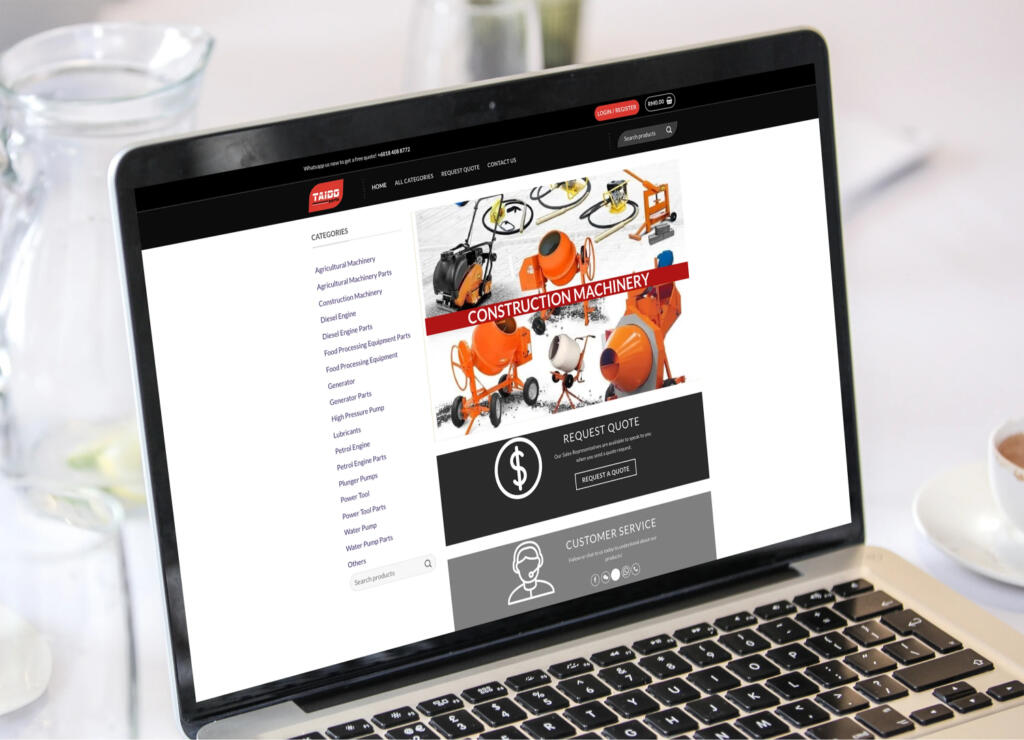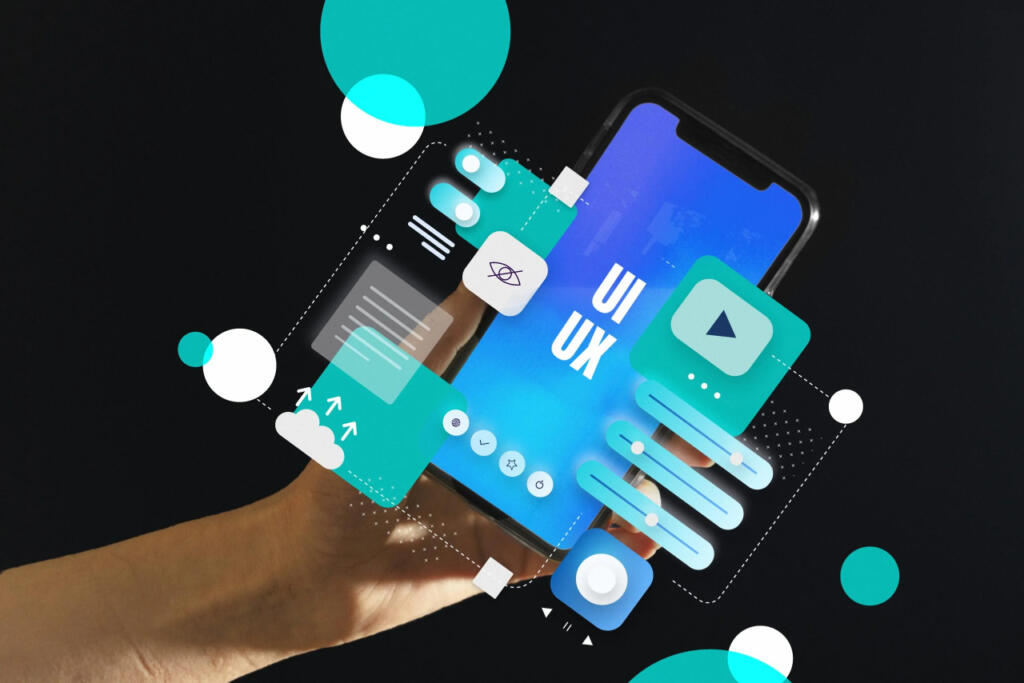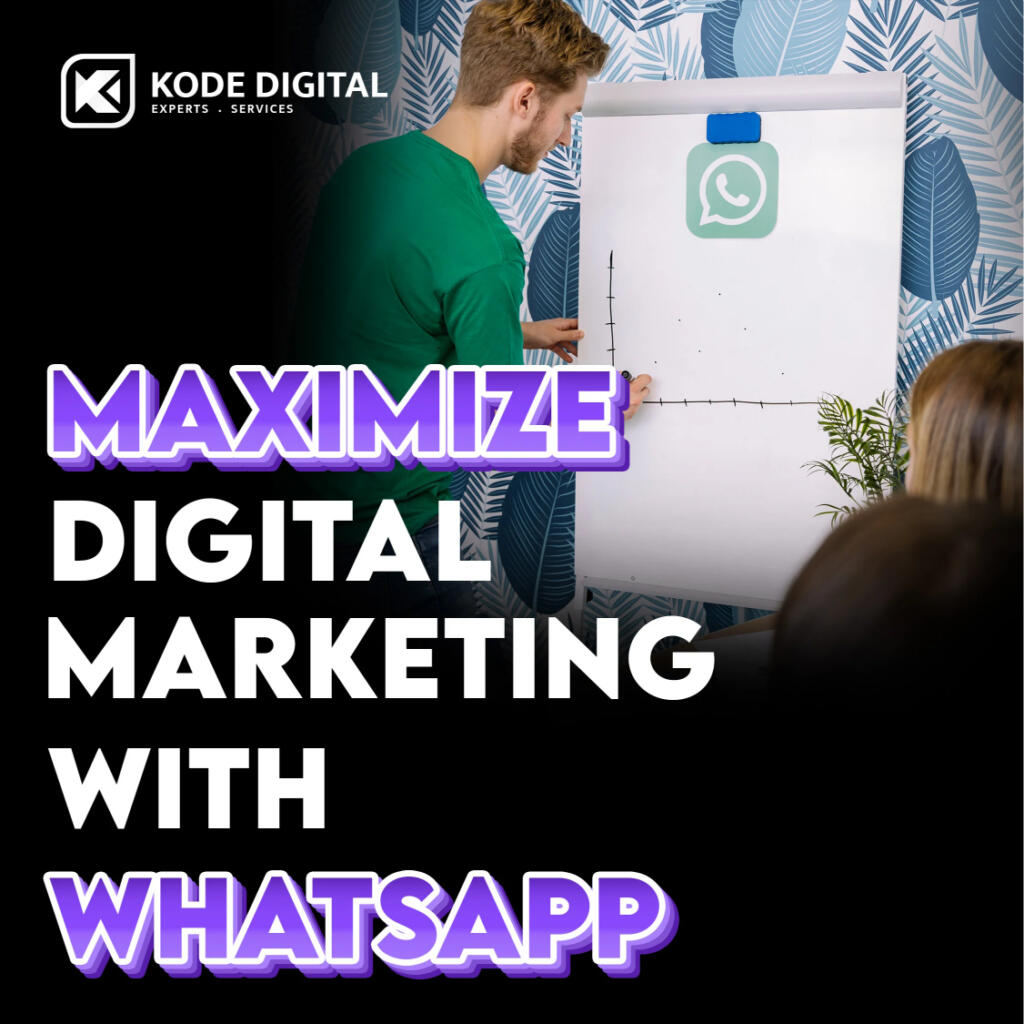Our top-tier consultancy services provide strategic guidance to elevate your entire digital presence.
Learn More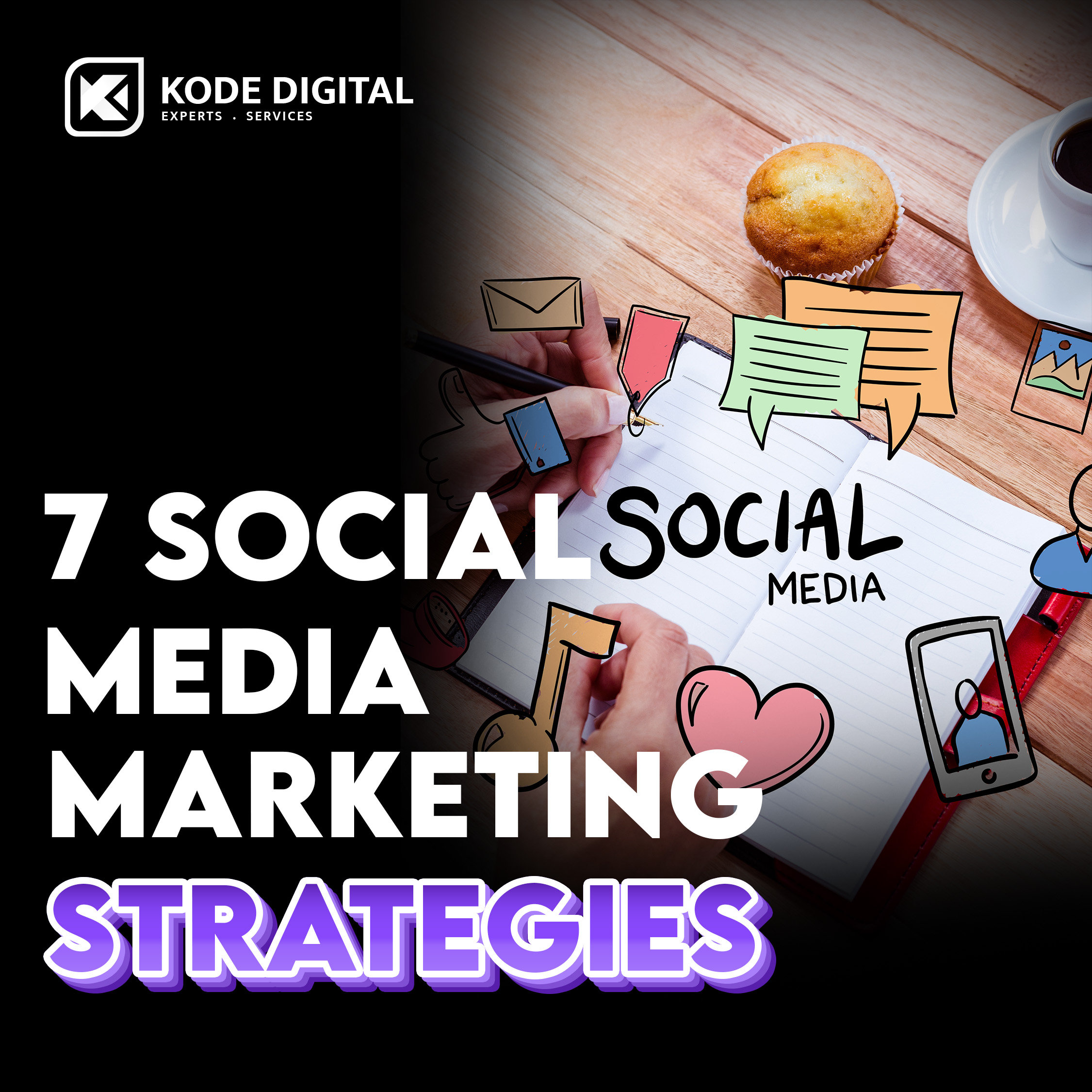
Contents
You’ve got everything you need for a successful event. The best venue, the hosts and guests, your stage lighting, and more, but there’s one thing missing—visibility. As we all know, hosting events can effectively increase brand awareness, boost sales, and build customer relationships. But what if your target audience wasn’t aware of the said event? All the money and effort your team dedicated to the occasion will only be put in vain. That said, it’s critical to use the right strategy to promote it—social media marketing.
Today, many people rely on social media to get the latest brand updates, new product releases, and events to watch out for. Therefore, leveraging it to create a strong presence in the digital space is crucial. In this blog, we’ll discuss some social media strategies you can use to market your event. So keep on reading to learn more.
Understanding Social Media Marketing
Social media marketing is simply using social media to promote a brand and its products and/or services. It helps boost brand awareness, generate leads, and build meaningful relationships with customers. And when it comes to marketing an event, social media is your most powerful tool in spreading the word and creating a buzz. To maximise its potential, we’ve listed a few social media strategies you can use to make your event successful.
Social Media Marketing Strategies For Events
Successful social media campaigns don’t always start with the graphics and schedules of postings—you begin with a strategy. This involves customer and market research, which helps produce consumer categories or personas that may be viable targets for your event marketing. Also, know that the platforms you use affect how well your marketing will be. So, it’s important to get insights from them, like Facebook meta insights. Ask yourself the following questions to ensure you’re using the right social media channel:
- Look into the site users’ demographics and the discussions taking place. Do they match your target audience?
- Do your prospective attendees regularly visit the website?
- Knowing different platforms can limit content, especially videos, can you publish brand-consistent material on the platform?
If your target audience regularly uses the social media platform, fits the site’s major demographic, and the platform allows you to post content of your preference, it is the suitable channel for your campaigns. If you’ve already decided which platforms to leverage, here are social media strategies you can use before, during, and after your event.
Pre-Event

1. Create Hashtags to Generate Buzz
It is #VeryImportant to create a hashtag to reach a wider audience and for social media engagement. You just have to make sure it’s remarkable and consistent with your branding. If you’re having an all-business seminar, it would be best to have an informative hashtag. Meanwhile, if you’re hosting an energetic event, you want a hashtag that will quickly draw attention.
Once you already have your hashtag, use it consistently on your social media posts (before, during, and after the event). That way, when someone tries to look you up but only knows your memorable hashtag, they’ll find you. Hashtags help expand reach and build community. Thus, it’s crucial for social media posts.
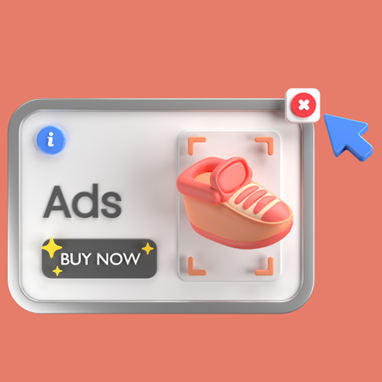
2. Use Paid Social Promotions
While organic content posting is excellent on its own, there will be times when social media platforms limit their exposure. Thus, using paid social media ads for events is crucial because it allows event marketers to target only the right people and bypass algorithms. You want to ensure that you include vital and exciting information about your event, such as special discounts, your guests, session topics, and other relevant ones.

3. Partner With Relevant Influencers
Another strategy to help you promote your event is influencer marketing. Influencers are social media personalities who have built a loyal following through engaging content. But know that influencers are all different; they have diverse niches and expertise. That said, you must do extensive research to know which influencers have a following of your target audience. Partner with them to promote your event or ask them to be presenters or keynote speakers.

4. Post Announcements, Reminders, and Teasers
To let people know that you’re hosting an event, you have to ensure to post announcements and reminders. Besides the date, program, and venue, you can also introduce your key speakers, session topics, registration deadlines, and more.
Knowing how broad social media is, you can use different platforms to let people catch up. You can leverage Facebook and create an event page while posting everyday reminders. You can also use the countdown stickers on Instagram stories. Moreover, ensure to post sneak peeks or teasers on various platforms. These are great for making people excited and increasing social engagement.
Mid-Event
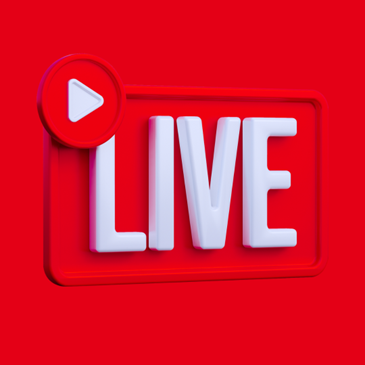
5. Do Live Coverage
Take opportunities to livestream your event—you can use YouTube, Facebook Live, and Instagram Live for this step. Besides featuring the program, you can also interview people, especially the VIPs attending the event. Use Instagram reels or TikTok—they can help with social engagement.
Aside from live streaming, you must post the event’s happenings on your socials. You can live tweet from time to time to help keep people’s FOMO at bay. They can retweet it and bring your event to a larger audience.
Post-Event

6. Save Event Highlights On Your Social Media Platforms
Considering stories take up little space on your profile, you can use them to post a lot of content. But since they disappear after 24 hours, it’s good that Instagram and Facebook can pin that great event coverage to your Story Highlights. They allow you to curate and organise your favourite content under various labels. These labelled highlights will appear on your profile as an individual icon with a custom name and image.

7. Create A Summary and Get Testimonials
For those who couldn’t attend in person, you can post content that shows what they missed. That can make them feel they still somehow took part in the experience. And if you had people who couldn’t get tickets, sending them exclusive content would be ideal so that they know you value their interest in trying.
Finally, get feedback from your attendees. Consider sending surveys directly on their device after the event or posting about it on your social media. You can post pictures from the event and create a caption like, “How was the experience?”
Don’t Overlook Withholding Tax on Social Media Ads in Malaysia
If you’re running social media ads in Malaysia, there’s a key financial detail you shouldn’t ignore: Withholding Tax (WHT). Since platforms like Facebook, Instagram, Google, YouTube, and TikTok bill from overseas entities—typically in Ireland or Singapore—Malaysian businesses are required to withhold part of the payment (under Section 109 of the Income Tax Act 1967) and remit it to LHDN.
Generally, ads billed from Ireland or Singapore, such as those on Facebook, Instagram, Google, YouTube, and TikTok, are subject to 8% WHT. However, if you’re billed from other countries (like the U.S. or India), the rate increases to 10%.
Not accounting for WHT can result in compliance issues or penalties. If you’re unsure, it’s best to speak to a tax advisor to avoid surprises—especially if your ad spend is growing.
How Our Social Media Strategies Helped INCEIF
As a digital marketing agency, Kode Digital played a critical role in the successful launch of the new campus of the International Centre for Education in Islamic Finance (INCEIF) and the organisation’s 13th Convocation. Through the deployment of a comprehensive social media marketing strategy, Kode Digital was able to connect with the right audience and raise awareness about these critical events.
Our approach to social media marketing for events involved a multi-faceted approach, including targeted advertisements, influencer outreach, and strategic content creation. By utilising the latest social media trends and technologies, we were able to engage with potential attendees and create a buzz around the events, leading to a large turnout.
At Kode Digital, we believe in the power of social media marketing to drive success for events. Our work with INCEIF is a prime example of how a well-executed strategy can help organisations achieve their goals and make a lasting impact on their communities. Through our partnership with INCEIF, we were proud to contribute to the growth of the Islamic finance industry and help foster a supportive innovation ecosystem in Malaysia.
Unlock the full potential of your event with the help of Kode Digital. Let’s bring your vision to life and leave a lasting impression on your audience. Book a consultation with us today and experience the power of digital marketing for yourself here.







